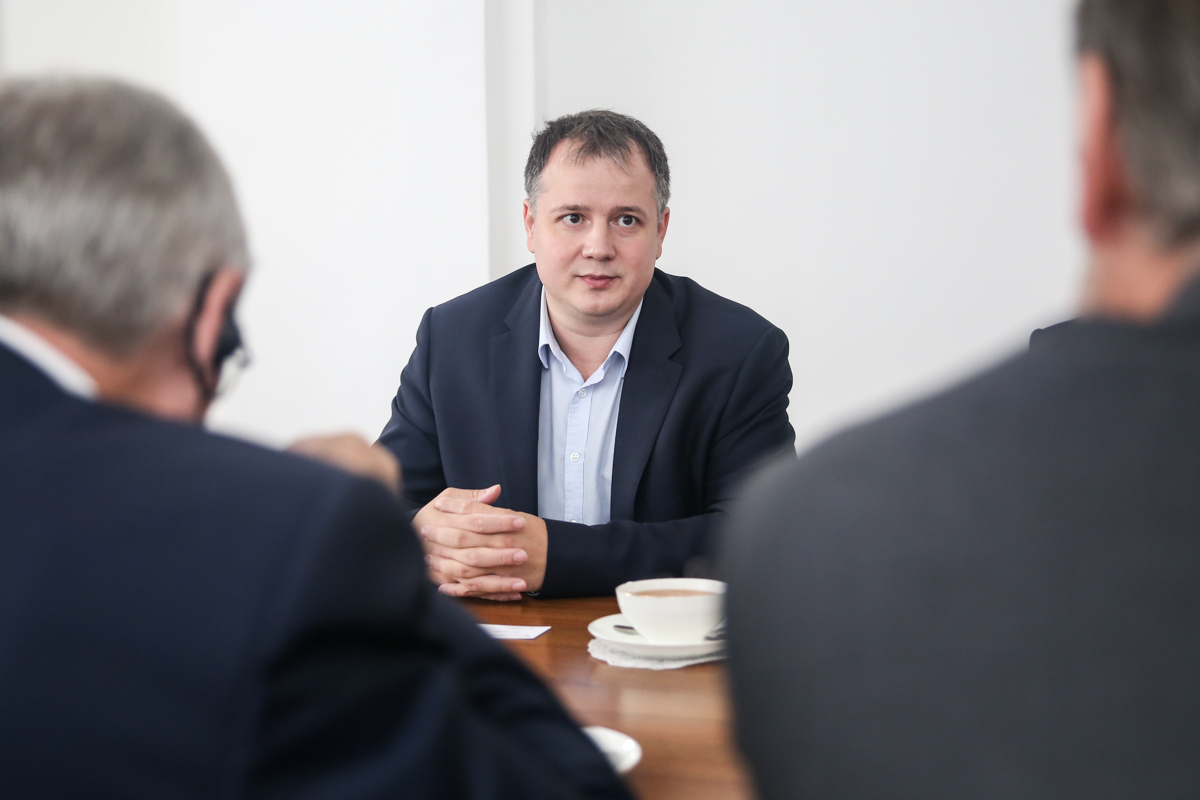Experts from the St Petersburg University Research Department to answer questions during the consultation webinars

The University has hosted a webinar on 'Grant spending procedures and budgeting as part of project implementation'. It was the fourth in a series of online workshops organised by the St Petersburg University Research Division. Sergey Mikushev, Vice-Rector for Research of St Petersburg University, spoke about the specifics of financial support for scientific projects and explained what issues are covered in the online seminars.
Could you please tell us when and why it was decided to launch a series of webinars?
There have always been topics like this. However, the fact is that in the past consultations have been conducted individually. Many people were not prepared to ask questions, and the services of the organisation were often reluctant to answer them in public. This led to the emergence of persistent rumours and chimeras, which later had to be dealt with. This year, due to epidemiological limitations, we brought this problem back to the surface and organised regular public discussions about the operational mechanisms for implementing grant agreements.
What is the reason for the increase in the share of grants in the form of subsidies in total funding?
In recent years, the University has focused on preparing teams to submit applications in a targeted manner, on the one hand, and to include targets related to the funding in employment contracts, on the other. Obviously, our employees are still much more accustomed and comfortable working with research funds than with an industrial partner, which is why grants prevail.
Financial support of projects is provided by departments working with teams in a number of areas. Which elements of this procedure are to be unified, and how will the individual approach be preserved?
Indeed, each department currently serves several faculties and therefore gains experience in supporting projects in specific areas of expertise. This working method has become traditional for the University. However, it is clear that the grant application forms and financial support forms have been unified in recent years. Therefore, the rationale for such a structural scheme has lost its relevance. In the near future it will be necessary to change the functionality of departments towards working with certain types of projects rather than areas of expertise.
Since the pandemic it has become difficult to implement both domestic and international grant projects: researchers cannot go on all planned trips, and conferences are now held online. Do research funds take the new conditions into account? What are they doing to make it easier to implement grants?
Unfortunately, research funds are conservative in this respect. In the overwhelming number of cases the existing restrictions have simply led to a return of funds due to the impossibility of fulfilling the obligations for travel, conferences and other activities.
Some grants are for more than one year, so beneficiaries have now found that they are unable to implement their travel plans and have to shift funds to other expenditure areas. Such opportunities are not always laid down in the documents and some of such issues are resolved individually. Who can researchers from St Petersburg University turn to for advice on such topics?
Nothing has significantly changed in the interaction scheme here. If a line specialist cannot answer the question, it is necessary to contact the specialist supervising the grant or the head of the research department.
Will there be new webinars from the specialists of the Research Division?
We have of course planned such seminars as a regular event. As for the topics to be covered in the future, they are, on the one hand, ‘seasonal’ in nature, which is due to the cyclical nature of the application process, negotiating agreements, difficulties in implementation and writing of reports. On the other hand, if we receive requests for a specific workshop topic from our scientists, we will address the relevant issues.

